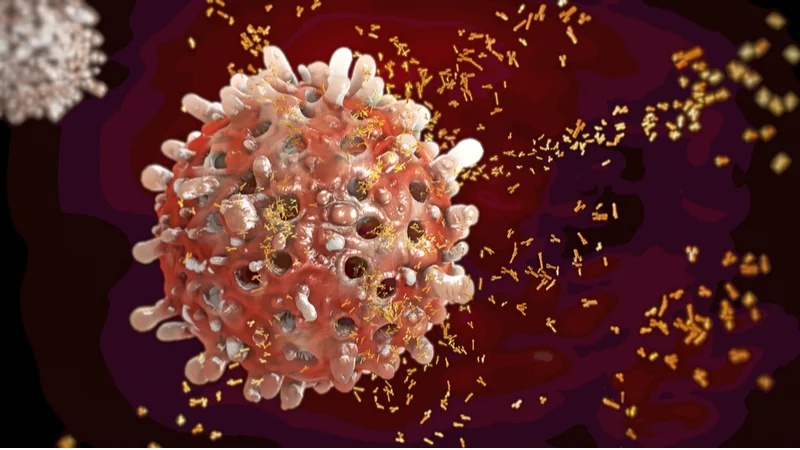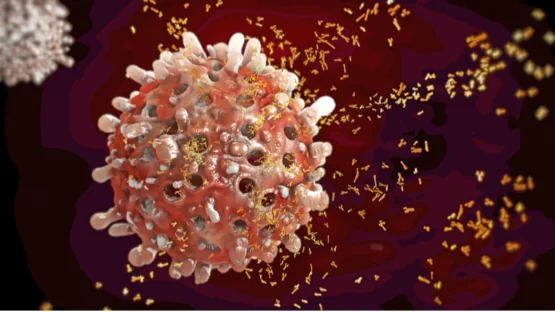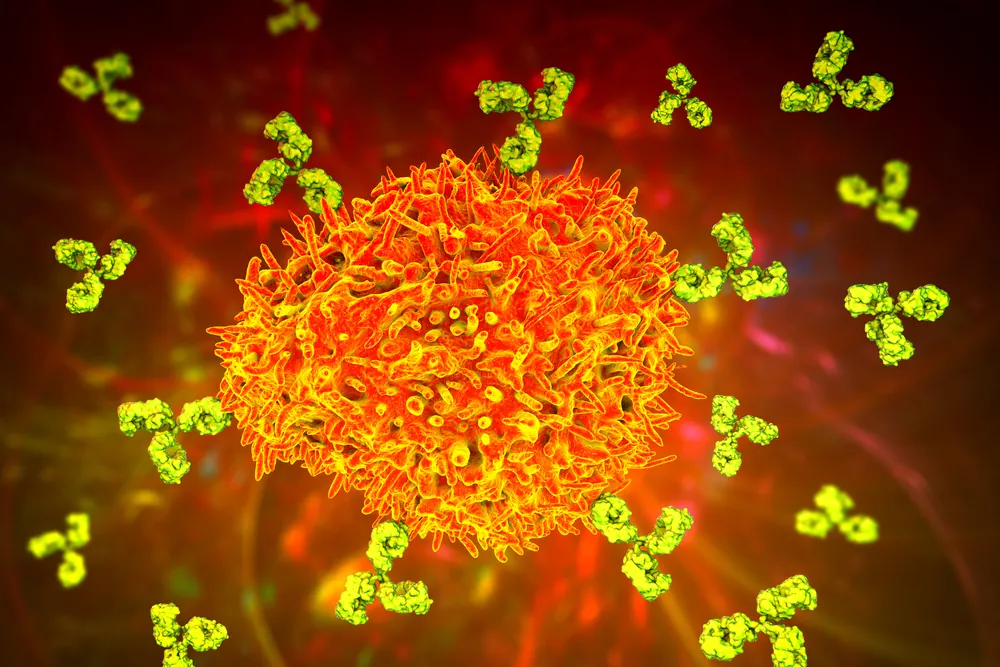Researchers have recently explored why B cells become less efficient as we age, analyzing how their behavior changes when they are transplanted from aged mice into young mice [1].
The immune system is a comprehensive defense system
Our immune systems protect us from disease and are vital to the healthy function of every organ and tissue we have. Our bodies contain many types of these cells, and each of them performs a different function. These include patrolling for bacteria, cancer cells, and invading viruses; removing damaged senescent cells that have reached replicative senescence; breaking down cellular waste; removing cell debris; and supporting healthy organ and tissue repair.
Unfortunately, as we age, our immune systems go into decline and become increasingly inefficient and disrupted. This gradual age-related failure of the immune system is known as immunosenescence.
The ultimate consequence of immunosenescence is that literally any infection or disease becomes a serious issue. Viruses, such as flu, that most young people shrug off become potentially life-threatening in the elderly. Understanding the complexities of immunosenescence is a challenge, but this research is a step towards finding out.
B cell function seems to be strongly influenced by their environment
B cells are white blood cells that form antibodies, making them an important part of the immune response to invading pathogens. These antibodies then bind to pathogens or foreign substances allowing the immune system to neutralize them.
Our B cells are no exception to age-related decline, and they too contribute to immunosenescence. Exactly how this happens is still somewhat of a mystery. Do the cells themselves become damaged and change how they function, or are they reacting to changes in the wider environment? The researchers set out to answer this question by transplanting B cells from old mice and transplanting them into young mice.
The data presented here suggests that old B cells work better when exposed to a youthful environment. While it is likely that intrinsic processes are occurring, just a change to a youthful environment is enough to improve old cell function.
Abstract
Vaccines typically protect against (re)infections by generating pathogen-neutralising antibodies. However, as we age, antibody-secreting cell formation and vaccine-induced antibody titres are reduced. Antibody-secreting plasma cells differentiate from B cells either early post-vaccination through the extrafollicular response or from the germinal centre (GC) reaction, which generates long-lived antibody-secreting cells. As the formation of both the extrafollicular antibody response and the GC requires the interaction of multiple cell types, the impaired antibody response in ageing could be caused by B cell intrinsic or extrinsic factors, or a combination of the two.
Here, we show that B cells from older people do not have intrinsic defects in their proliferation and differentiation into antibody-secreting cells in vitro compared to those from the younger donors. However, adoptive transfer of B cells from aged mice to young recipient mice showed that differentiation into extrafollicular plasma cells was favoured at the expense of B cells entering the GC during the early stages of GC formation. In contrast, by the peak of the GC response, GC B cells derived from the donor cells of aged mice had expanded to the same extent as those from the younger donors. This indicates that age-related intrinsic B cell changes delay the GC response but are not responsible for the impaired antibody-secreting response or smaller peak GC response in ageing.
Collectively, this study shows that B cells from aged individuals are not intrinsically defective in responding to stimulation and becoming antibody-secreting cells, implicating B cell-extrinsic factors as the primary cause of age-associated impairment in the humoral immunity.
Conclusion
These data suggest that B cells can work quite well given a more favorable environment. It also appears that environment has more influence on how B cells function than any intrinsic changes that happen in the cells.
This also begs the question if an approach such as therapeutic plasma exchange would improve B cell function. Given that plasma dilution appears to rejuvenate humans, including increasing B cell, macrophage, and natural killer (NK) cell counts, this seems quite plausible.
Therapeutic plasma exchange seems to shift a number of aging biomarkers towards more youthful levels. It would be interesting to learn more about how it affects immune cell populations. Understanding this may open the door to potential therapies that address immunosenescence in older adults.
Literature
[1] Lee, J. L., Fra‐Bido, S. C., Burton, A. R., Innocentin, S., Hill, D. L., & Linterman, M. A. (2022). B cell‐intrinsic changes with age do not impact antibody‐secreting cell formation but delay B cell participation in the germinal centre reaction. Aging Cell, e13692.




